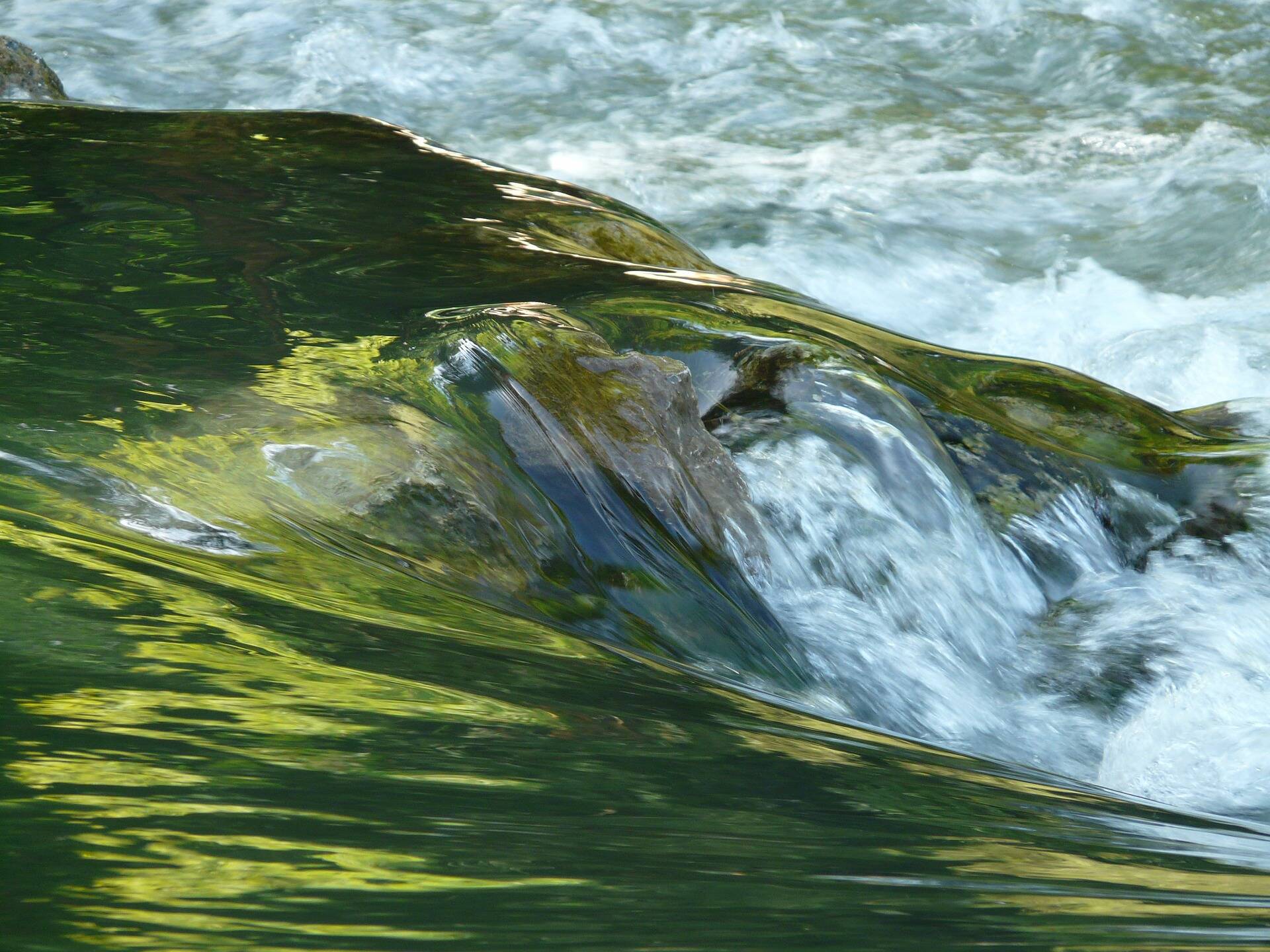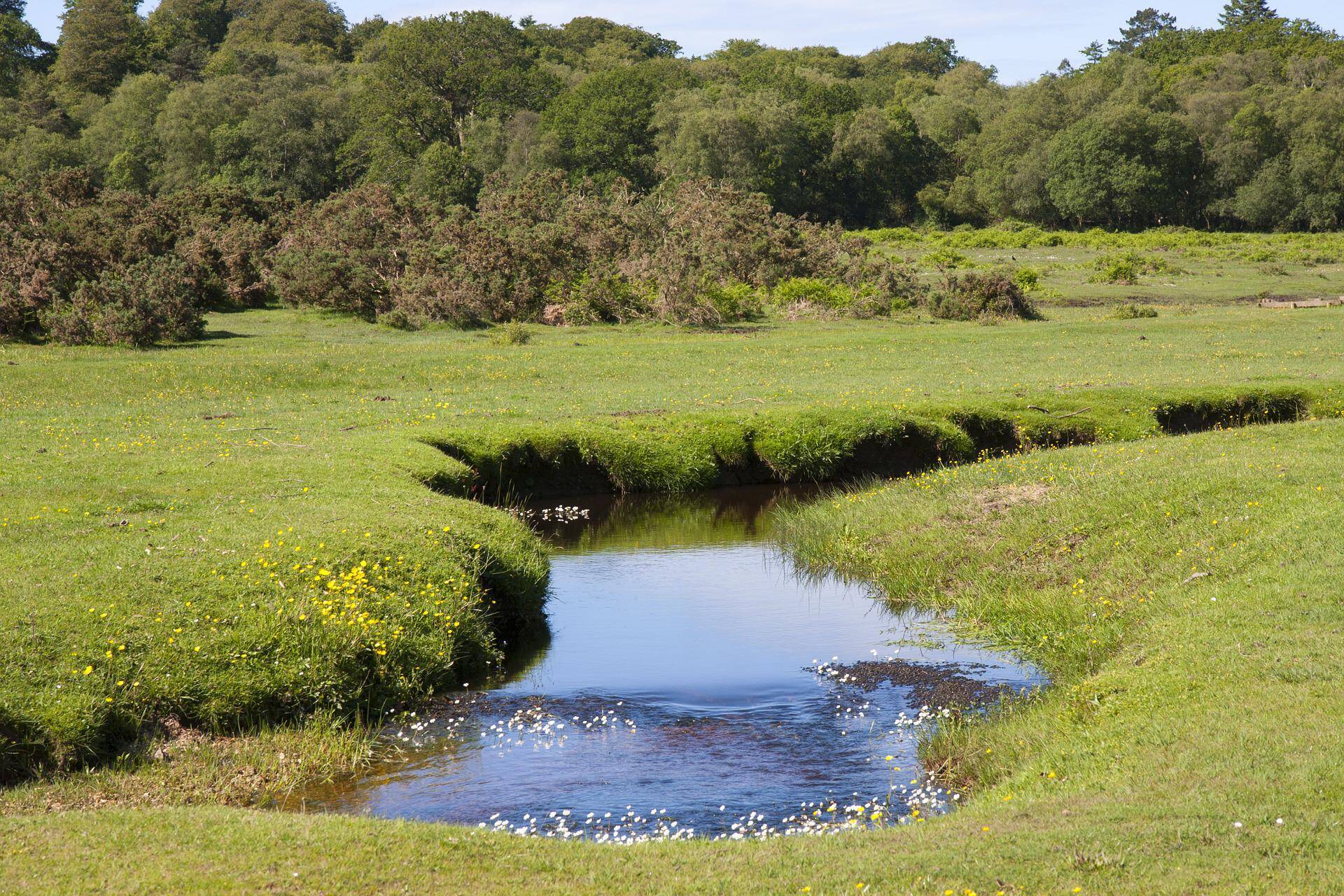You’ve reached your limit!
To continue enjoying Utility Week Innovate, brought to you in association with Utility Week Live or gain unlimited Utility Week site access choose the option that applies to you below:
Register to access Utility Week Innovate
- Get the latest insight on frontline business challenges
- Receive specialist sector newsletters to keep you informed
- Access our Utility Week Innovate content for free
- Join us in bringing collaborative innovation to life at Utility Week Live

Water sector stakeholders explore how the industry is already harnessing nature-based solutions – such as reed beds and integrated constructed wetland – to treat wastewater amid stretching new AMP7 targets and environmental scrutiny.
Despite phosphorus loading from water industry sewage treatment works to English rivers falling dramatically since 1995 and marked reductions in agricultural fertiliser use since the 1980s, “legacy” reserves in soil compiled over more than half a century demonstrate an ongoing phosphorus removal challenge, according to John Brewington, regional development manager at the Rivers Trust.
 Speaking at Utility Week Live, industry experts explored how water companies are already trialing and deploying innovative new phosphorus management and removal techniques – including nature-based, biological and chemical approaches.
Speaking at Utility Week Live, industry experts explored how water companies are already trialing and deploying innovative new phosphorus management and removal techniques – including nature-based, biological and chemical approaches.
Severn Trent process engineer, Mathew Palmer, for example, explained that his firm has made a conscious effort to treat wastewater in line with the International Union for Conservation’s definition of nature-based solutions – “actions to protect, manage, restore natural or modified ecosystems to address societal challenges effectively and adaptively while providing other human wellbeing and biodiversity benefits”.
These include sustainable drainage system natural flood management, water abstraction management and ecological restoration and phosphorus reduction in sites of special scientific interest and reservoirs, alongside work to establish the use of reed beds – wetland areas which not only promote biodiversity but are effective in treating contaminated water due to the ability of reed plant roots to filter ammonia and phosphates – as a “standard option”.
According to Severn Trent, when contaminated or wastewater passes through a reed bed, plants catch the solid materials while organisms living within the beds naturally break down waste.

Importance of partnerships
Brewington also highlighted the value of collaboration in realising the potential of such nature-based solutions after recent Rivers Trust figures found that 0% of rivers are in good overall health, only 16% of rivers enjoy good ecological status, and since 1970, freshwater species globally have seen an 83% decline – faster than any other habitat.
 Outlining the impact of United Utilities’ Catchment Systems Thinking (CaST) project in partnership with the Rivers Trust – which stresses looking beyond catchment areas towards broad solutions pursued in tandem with other landowners, businesses, regulators, NGOs and volunteers – on the River Petteril in Cumbria, Brewington explained that holistic and nature-based nutrient management partnerships had delivered an additional 10% phosphorus reduction beyond targets and £1.7 million additional natural capital benefits versus conventional solutions.
Outlining the impact of United Utilities’ Catchment Systems Thinking (CaST) project in partnership with the Rivers Trust – which stresses looking beyond catchment areas towards broad solutions pursued in tandem with other landowners, businesses, regulators, NGOs and volunteers – on the River Petteril in Cumbria, Brewington explained that holistic and nature-based nutrient management partnerships had delivered an additional 10% phosphorus reduction beyond targets and £1.7 million additional natural capital benefits versus conventional solutions.
 Save the date! Utility Week Live 2023 will take place on 16 and 17 May 2023 at the NEC in Birmingham.
Save the date! Utility Week Live 2023 will take place on 16 and 17 May 2023 at the NEC in Birmingham.
Stay in the loop for #UWL23 ticket alerts, plus the latest industry and exhibitor news by signing up to our newsletter here





Please login or Register to leave a comment.